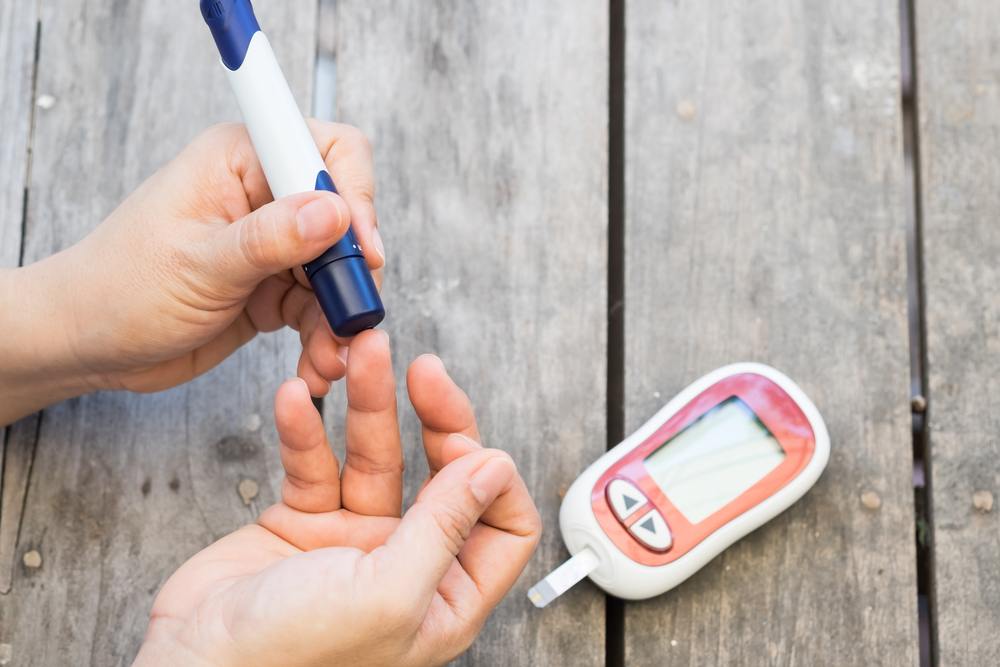Key Pregnancy Signs Every Woman Should Recognize
Early recognition of pregnancy symptoms such as fatigue, breast changes, light bleeding, nausea, mood swings, and headaches can aid in timely medical attention. This informative guide highlights key signs for women to detect pregnancy confidently and emphasizes consulting healthcare professionals for confirmation and care.

Pregnancy signifies the period during which a developing fetus grows inside a woman’s uterus. After a successful pregnancy, the woman gives birth to a baby. Recognizing early pregnancy signs can help women seek timely medical care. While some symptoms like morning sickness are widely known, others may be less obvious. Essential signs include feeling unusually fatigued, experiencing breast tenderness or swelling, spotting due to implantation, mild nausea, strong food cravings or aversions, mood fluctuations, and frequent headaches. Noticing these symptoms can assist in early pregnancy detection, but consulting a healthcare professional is always recommended.
Fatigue
Feeling extremely tired is common early in pregnancy due to increased progesterone levels, which induce sleepiness. Changes in blood sugar and increased blood production also drain energy, causing exhaustion.
Breast Changes
Swollen, tender breasts often appear around two weeks after conception as hormonal shifts take place. If you notice unusual breast tenderness, consult your doctor.
Light Bleeding
Implantation bleeding may occur when the fertilized egg attaches to the uterine lining, usually between days 10-14 after conception. It appears as light-colored vaginal spotting.
Nausea
Commonly called morning sickness, nausea can begin around two weeks post-conception. Elevated estrogen levels slow stomach emptying, contributing to this symptom.
Changes in Food Preferences
Developing food cravings or aversions, especially in early pregnancy, result from hormonal fluctuations affecting taste and smell.
Mood Swings
Frequent mood changes, from happiness to irritability, are typical during pregnancy due to hormonal impact on emotions.
Headaches
Hormonal shifts increase blood circulation, often causing mild, recurrent headaches. Medical guidance is advised before taking pain medication.
Note: The information provided is for educational purposes only. It should not replace professional medical advice. Always consult a healthcare provider for diagnosis and treatment of pregnancy-related symptoms.










